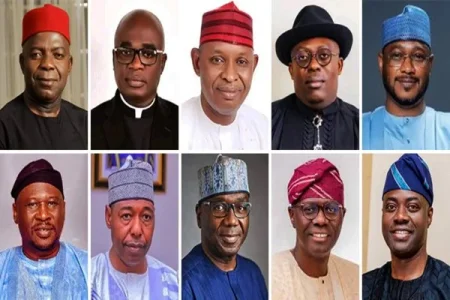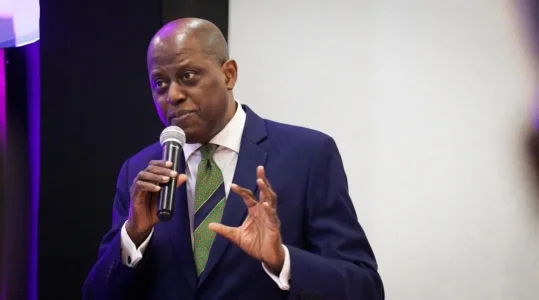
A recent report reveals that 29 Nigerian states spent nearly N2 trillion on recurrent expenses like travel, refreshments, and sitting allowances in 2024. Despite receiving increased federal allocations, states fell short of revenue targets, accumulating massive debt. Experts call for fiscal reforms and better governance accountability.
In a revealing report, 29 Nigerian states collectively spent N1.994 trillion on recurrent expenditures within the first nine months of 2024. These expenditures covered items such as travel, refreshments, sitting allowances, and utilities. Despite receiving increased federal allocations, the states struggled to meet revenue targets, highlighting concerns over fiscal discipline.
Analysis of budget performance reports showed a significant disparity between spending and revenue generation, with many states operating at deficits. While Lagos, Plateau, and Delta states recorded the highest operating expenses—N375.19bn, N144.87bn, and N121.54bn, respectively—others like Niger, Katsina, and Oyo accumulated notable debts through loans to cover shortfalls.
The states also borrowed a cumulative N533.29bn and spent N658.93bn servicing debts. For example, Niger borrowed N79.09bn, while Katsina and Oyo secured N72.89bn and N62.48bn, respectively. Despite these loans, the internally generated revenue (IGR) of N1.92tn fell short of the targeted N2.868tn, leaving a deficit of nearly N1tn.
Lagos State stood out for its robust IGR of N912.17bn, more than triple that of Rivers State, which generated N269.18bn. On the other hand, states like Taraba and Yobe faced alarming deficits, reflecting poor financial performance.
Experts, including Professor Segun Ajibola of Babcock University, criticized the lack of accountability and oversight by state assemblies. He argued that unchecked governance costs undermine economic progress and fail to improve citizens' living standards.
The report calls for stronger fiscal discipline and accountability measures to address the widening gaps between spending and revenue and ensure resources benefit citizens directly.




